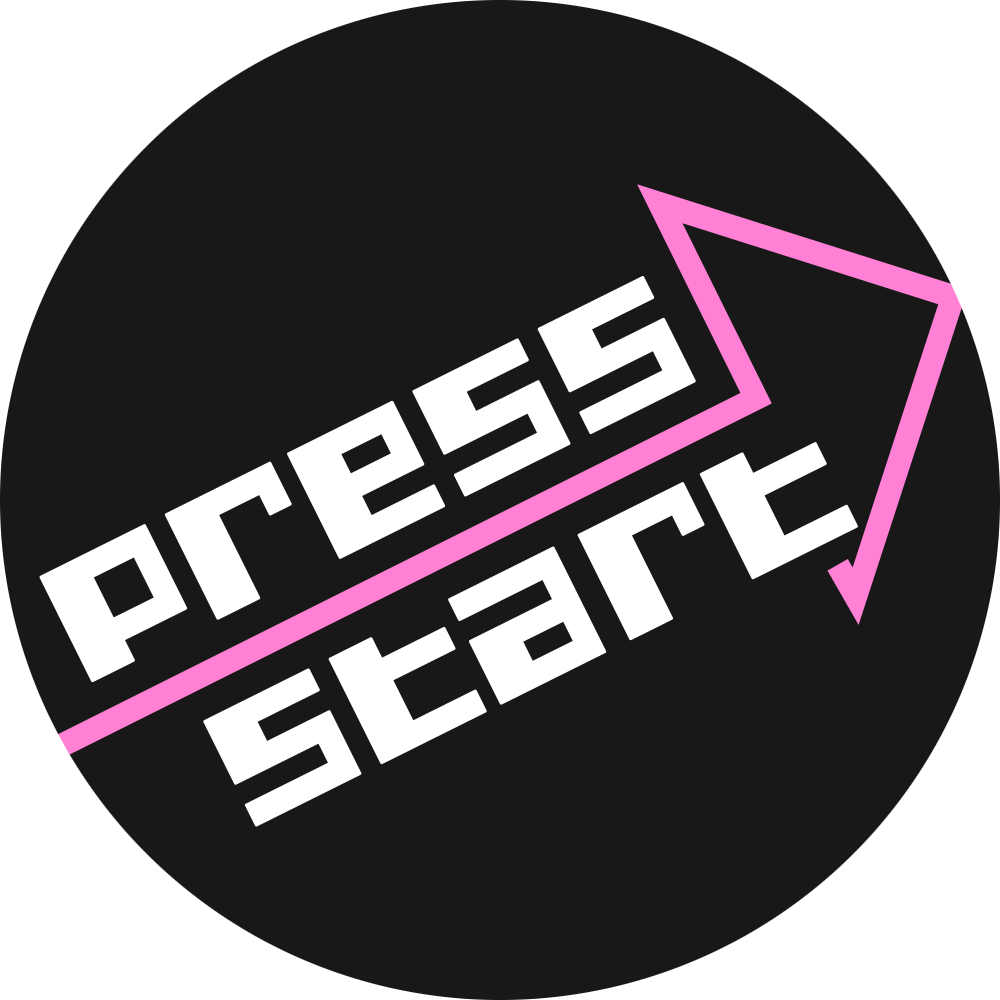I used Plex for my home media for almost a year, then it stopped playing nice for reasons I gave up on diagnosing. While looking at alternatives, I found Jellyfin which is much more responsive, IMO, and the UI is much nicer as well.
It gets relegated to playing Fraggle Rock and Bluey on repeat for my kiddo these days, but I am absolutely in love with the software.
What are some other FOSS gems that are a better experience UX/UI-wise than their proprietary counterparts?
EDIT: Autocorrect turned something into “smaller” instead of what I meant it to be when I wrote this post, and I can’t remember what I meant for it to say so it got axed instead.


The thing I find hard to convey is that FLOSS software is superior to proprietary software for many reasons, most of which are non-technical: FLOSS software is superior to proprietary software if it isn’t spying on you, if it’s governance is collective, if it’s not build to make you pay for things that should be free, if it lets you decide where your data goes, etc…
we’re often missing the point when we attempt at side-by-side comparison of FLOSS and proprietary software… It’s usually one-dimentional, and playing on our opponent’s field: these companies racketing their users based on rent-based exploitative business models will always have more resources than independant developpers to improve “UX/UI”… so I think this must not be the only prism through which reading these things.
You’re absolutely right, and in lots of areas I use FOSS alternatives solely because they are FOSS despite less resources and objectively worse UI/UX. Photography is a hobby of mine, a huge love. There is nothing on Linux that gives even remotely close to the ease and comfort of use for RAW image editing as CaptureOne Pro, a software I paid a pretty penny for some number of years ago. I’ve tried every RAW image editor that’s been recommended, and I dislike them all so much that I actually prefer to move my RAWs to my phone and edit them there.
Despite that, I’m still running Linux. I understand the trade offs that often need to happen to adhere to an ideal, and I largely agree. However, sometimes FOSS comes out on top in all regards, including UI/UX. And those are the apps I’m inviting everyone to share. 😉
You’re right that it mustn’t be the only prism, yes. But maybe we shouldn’t also splinter things like functionality and appearance/usability from the merits of “free as in freedom” either? One of the things that makes FOSS apps work better than alternatives, when they do, is the fact that it’s not looking for extra revenue streams all the time with marketing-led nonsense features, bloating the hell out of their product, redesigning just to seem modern (usability be damned), and so on.
And what happens when you have a FOSS alternative with committed and talented devs, a large user base and resources tends to be something truly superior.
Those are different dimensions that should be considered together. Of course we should still invest efforts into UI/UX, where possible and where it represents the will of the participants in the project… but when answering questions such as “which FLOSS piece is superior” i think we should always find a balance between those, and bring them together…
Sorry, noob question, Free Open Source Software vs Free Libre Open Source Software… Free and Libre are synonyms to my mind so I must be missing something. What’s the difference?
In general, “free” vs “libre” is intended to distinguish a difference between something offered free-of-charge (gratis e.g. proprietary freeware) from something guaranteeing user freedom (libre).
In my experience, “free software” typically refers to FLOSS and intellectual property with a restrictive license in alignment with the free software movement, whereas FOSS refers to “free-of-charge open-source software” and is a more generic term that could, for example, apply to restricted/proprietary intellectual property which is publically visible (i.e. arguably “open”) yet may not necessarily use a software license permitting its implementation in external intellectual property.
Having said all that, many things commonly labeled FOSS could also be labeled FLOSS. It may either be a hopeless battle of semantics or a meaningful distinction, depending on one’s perspective.